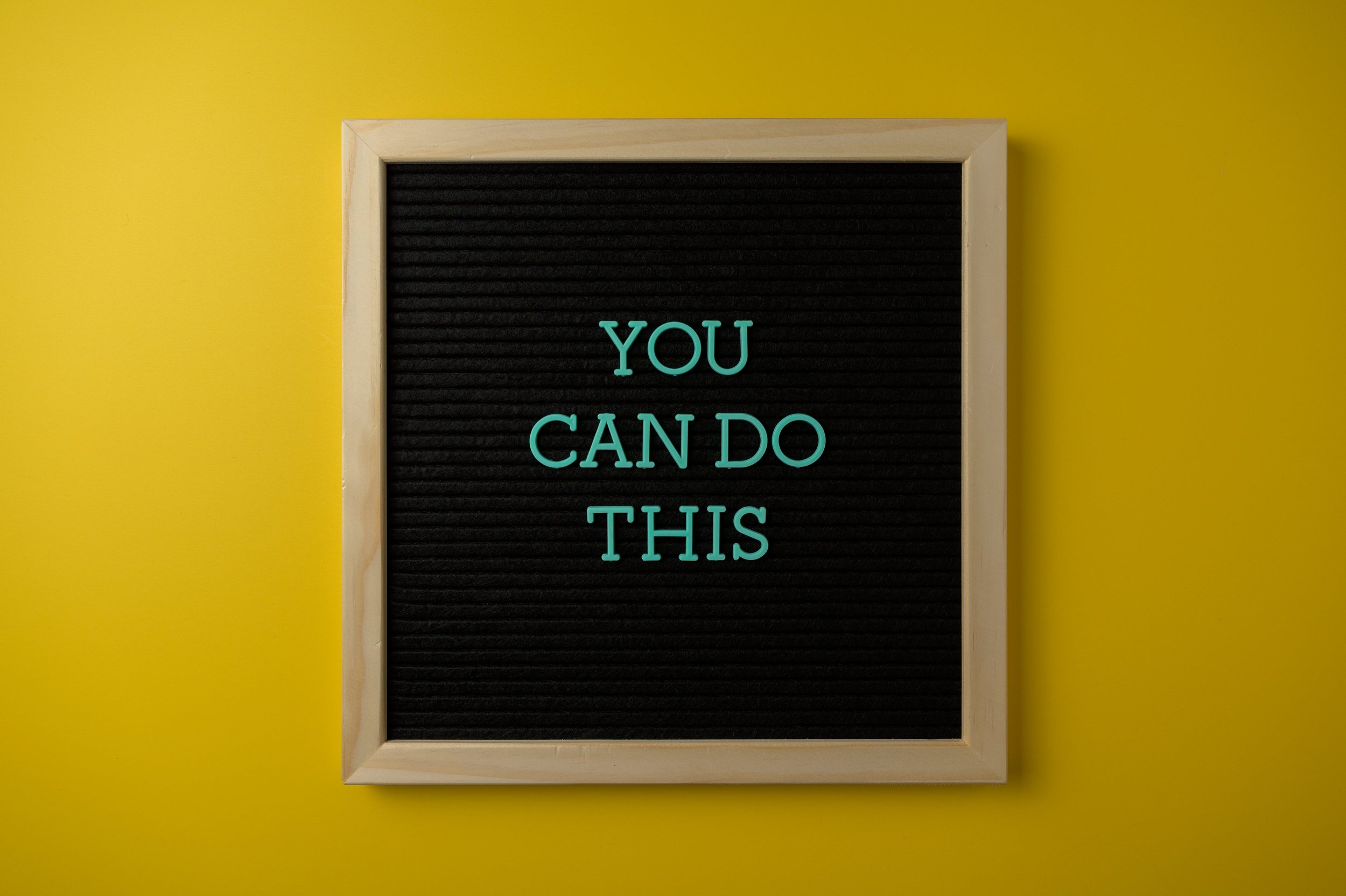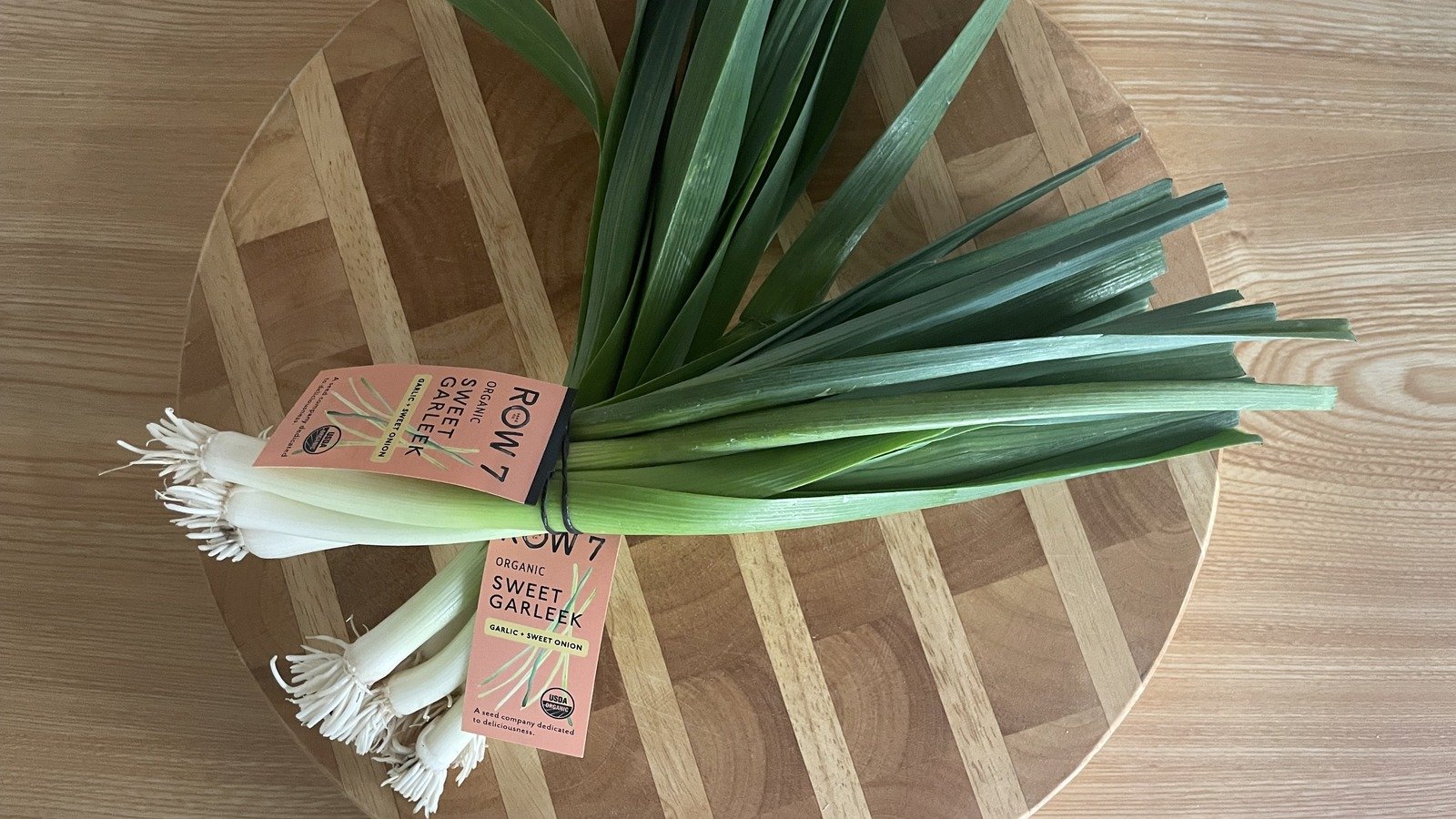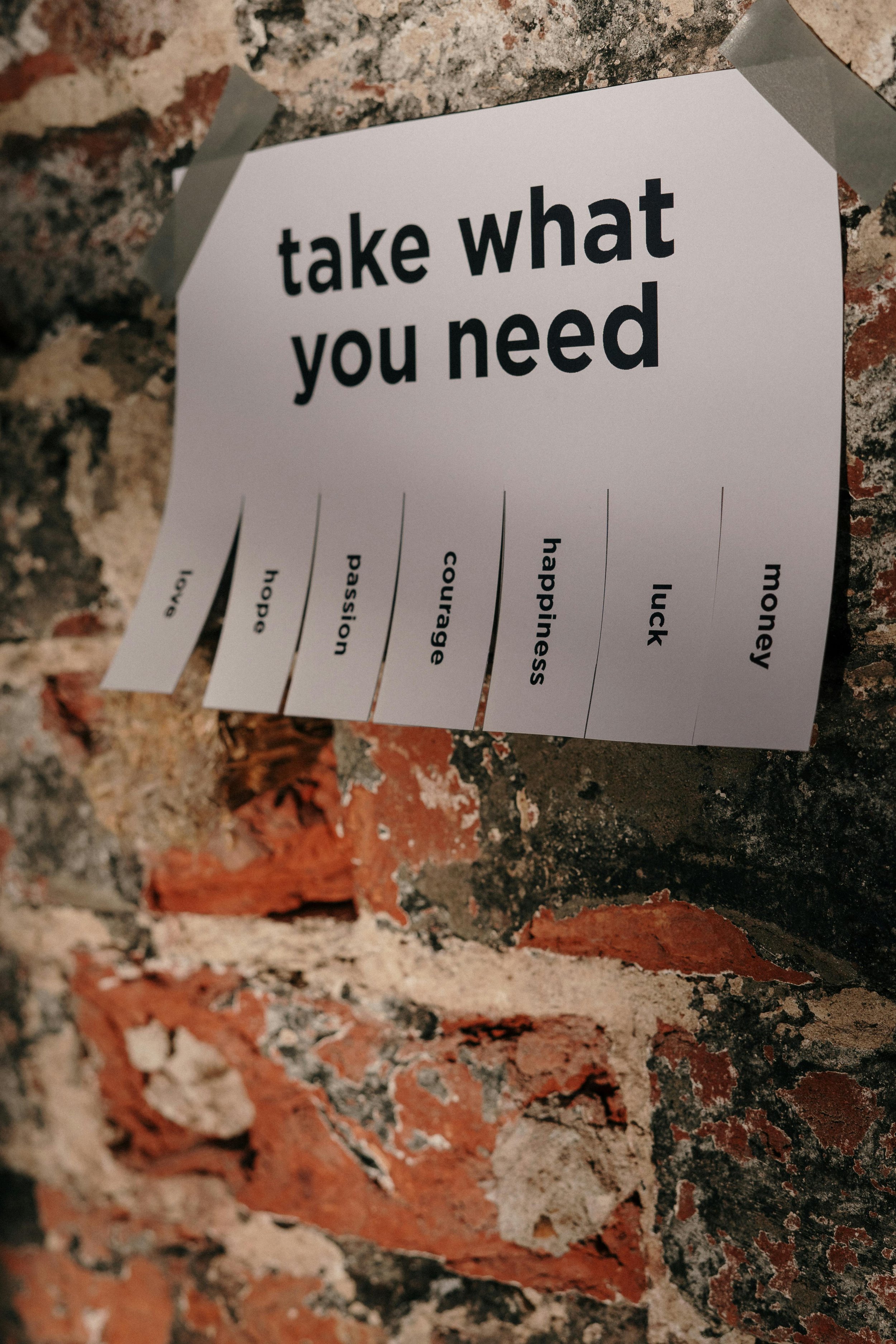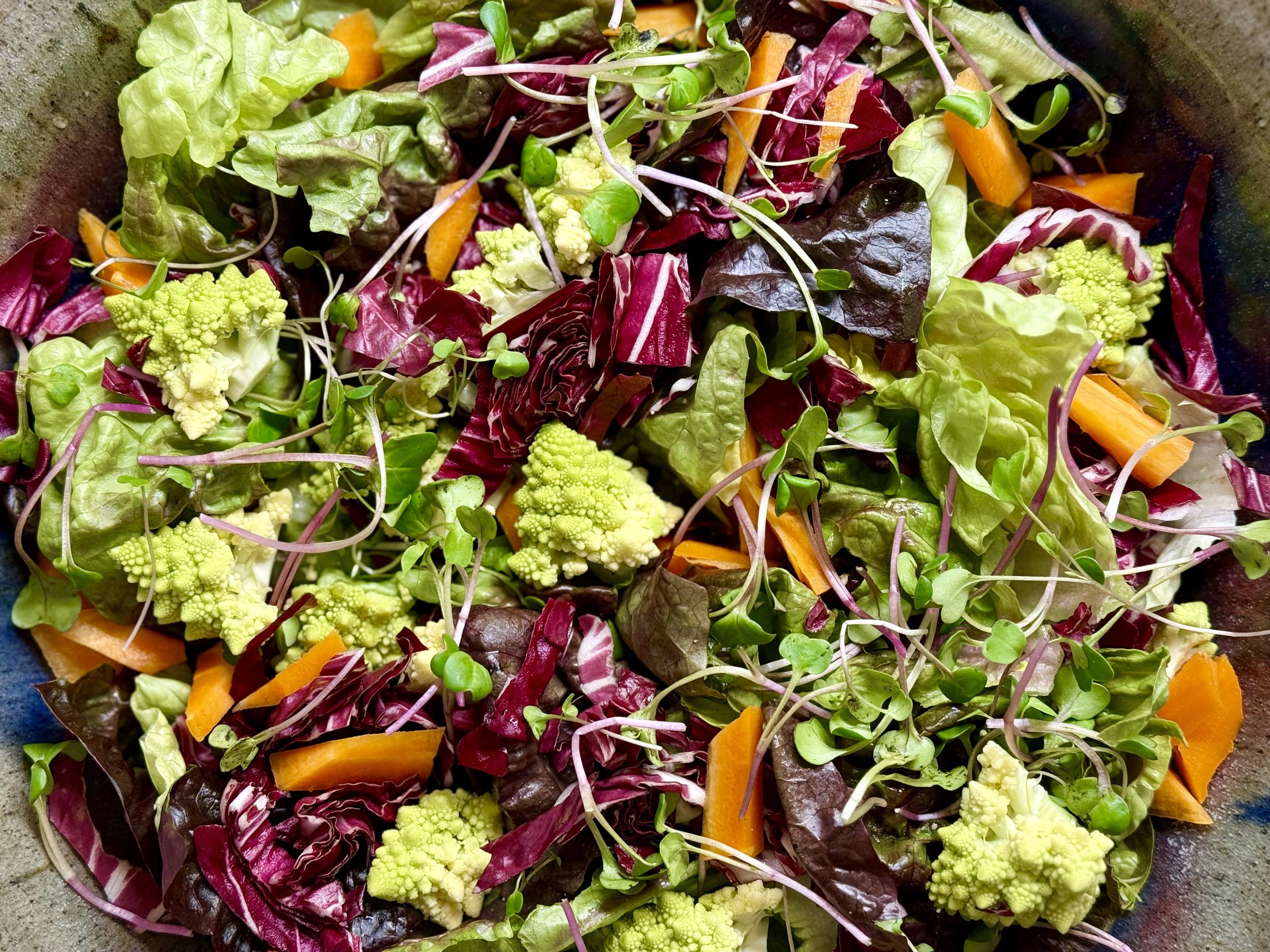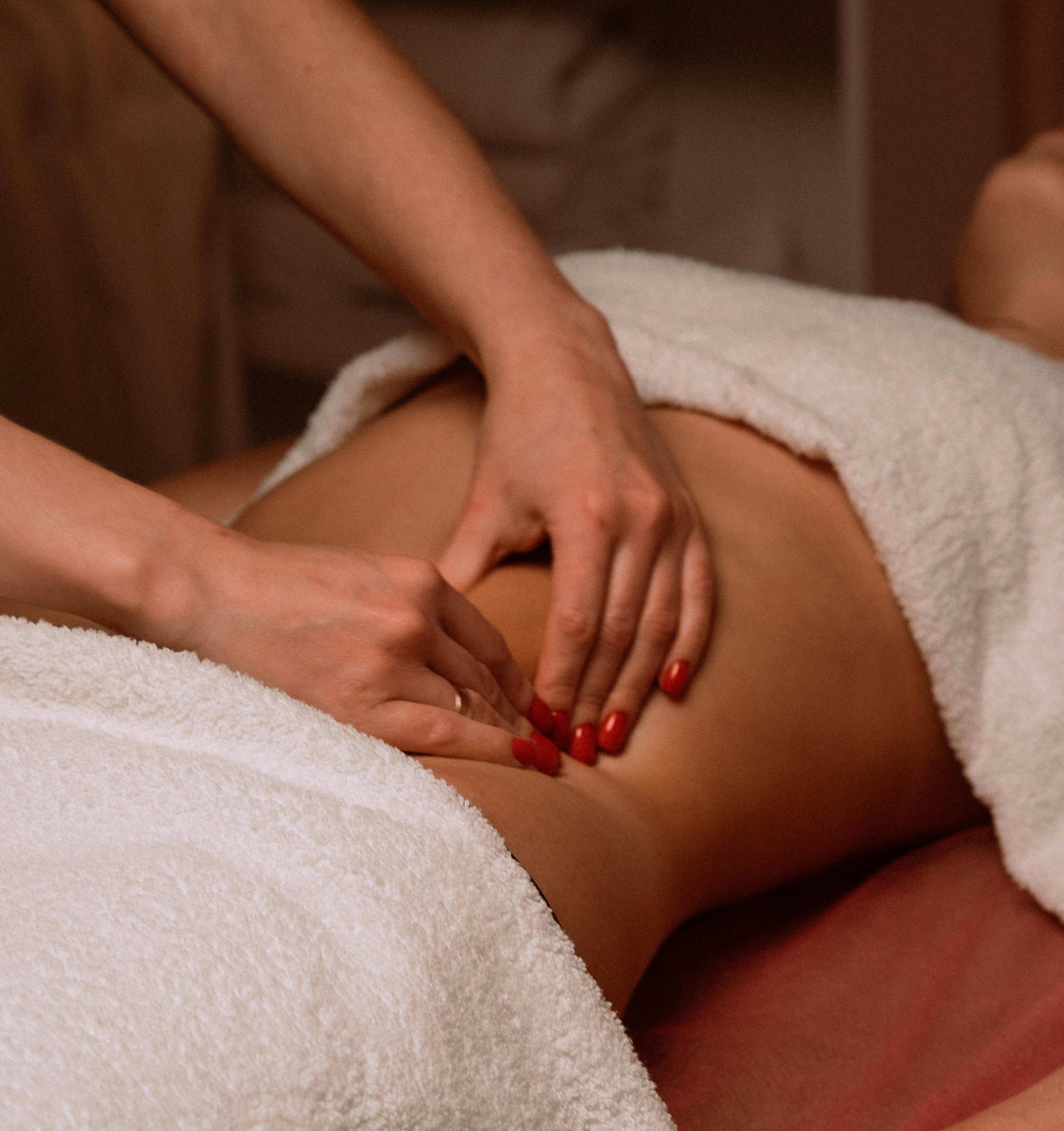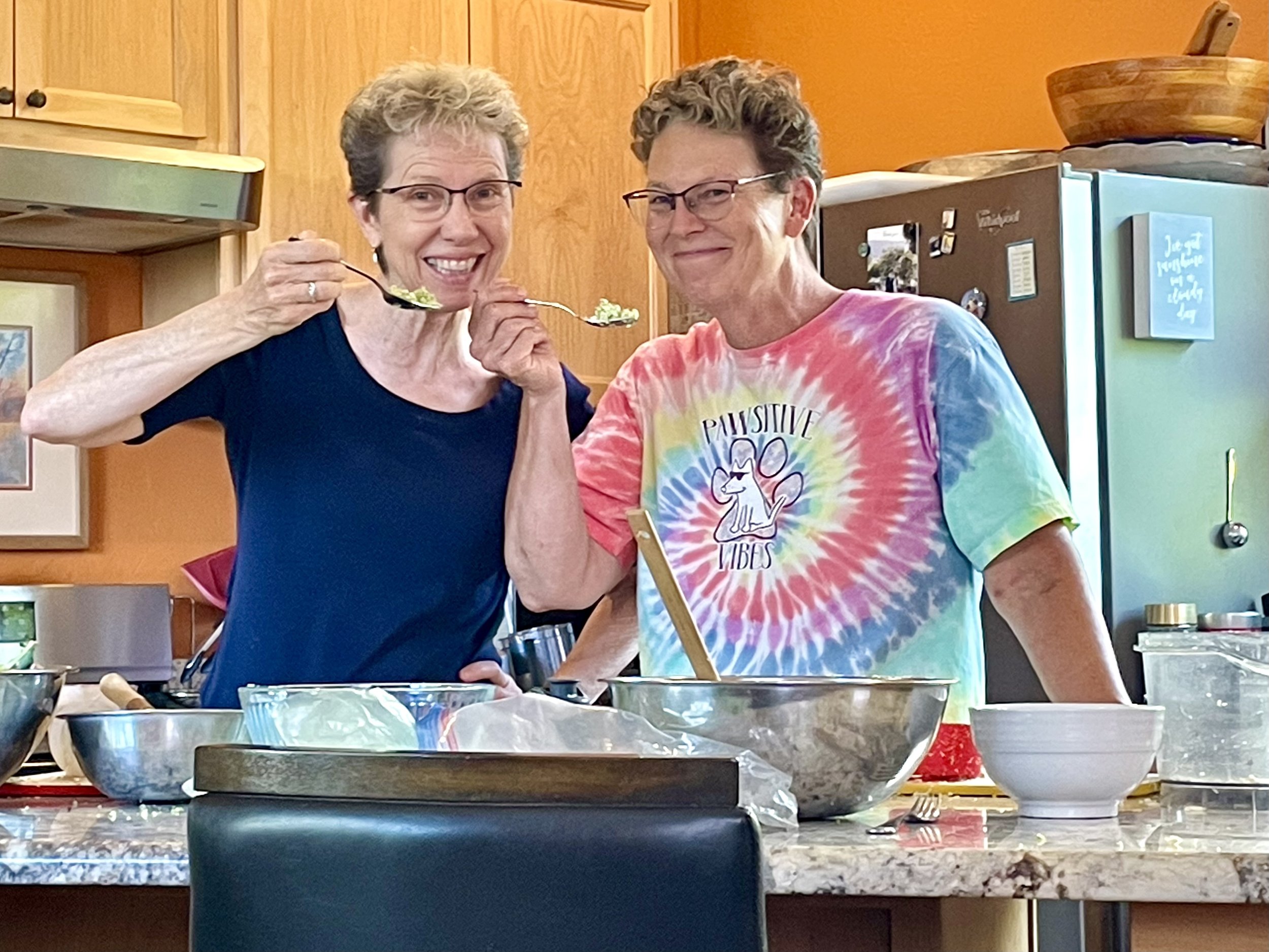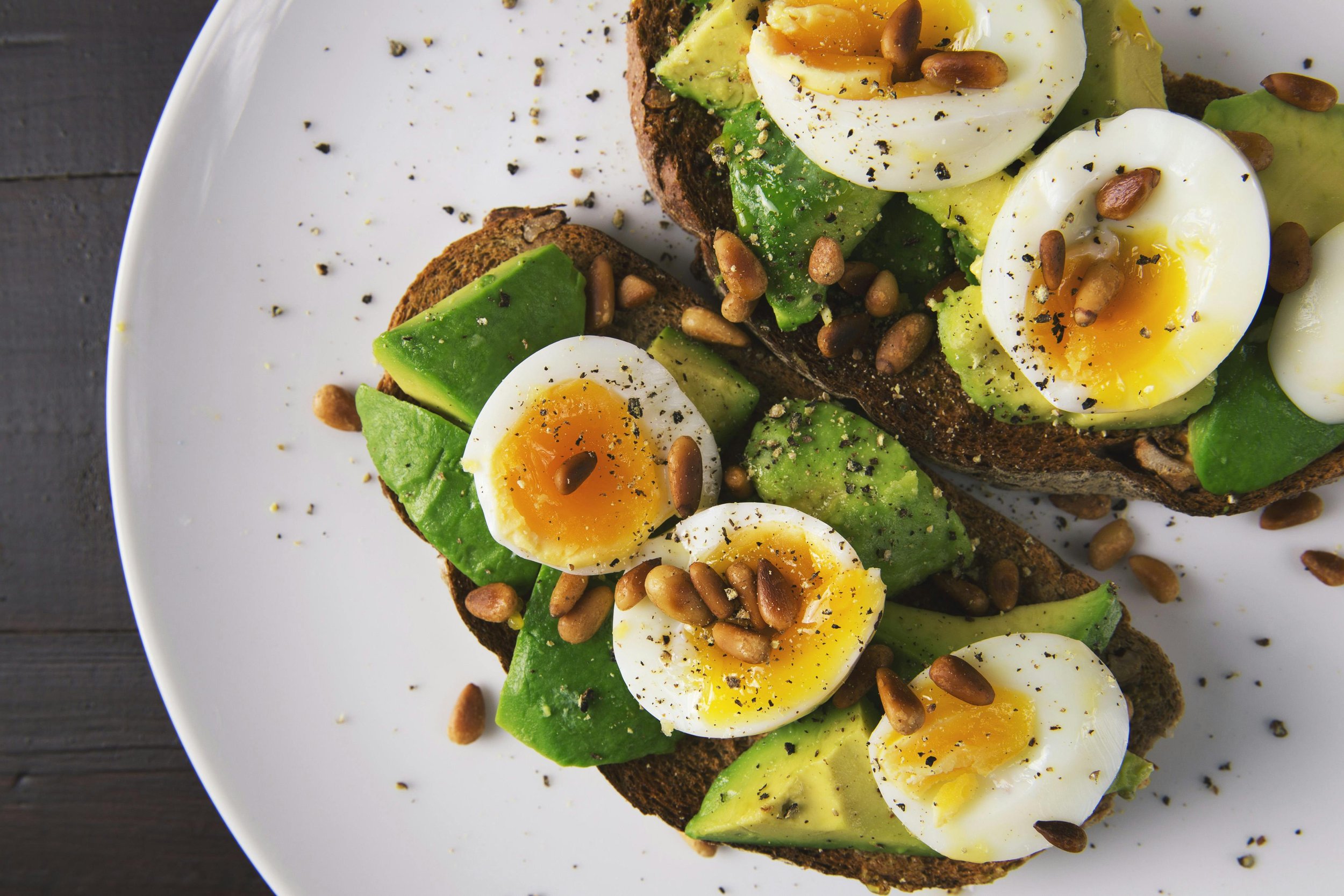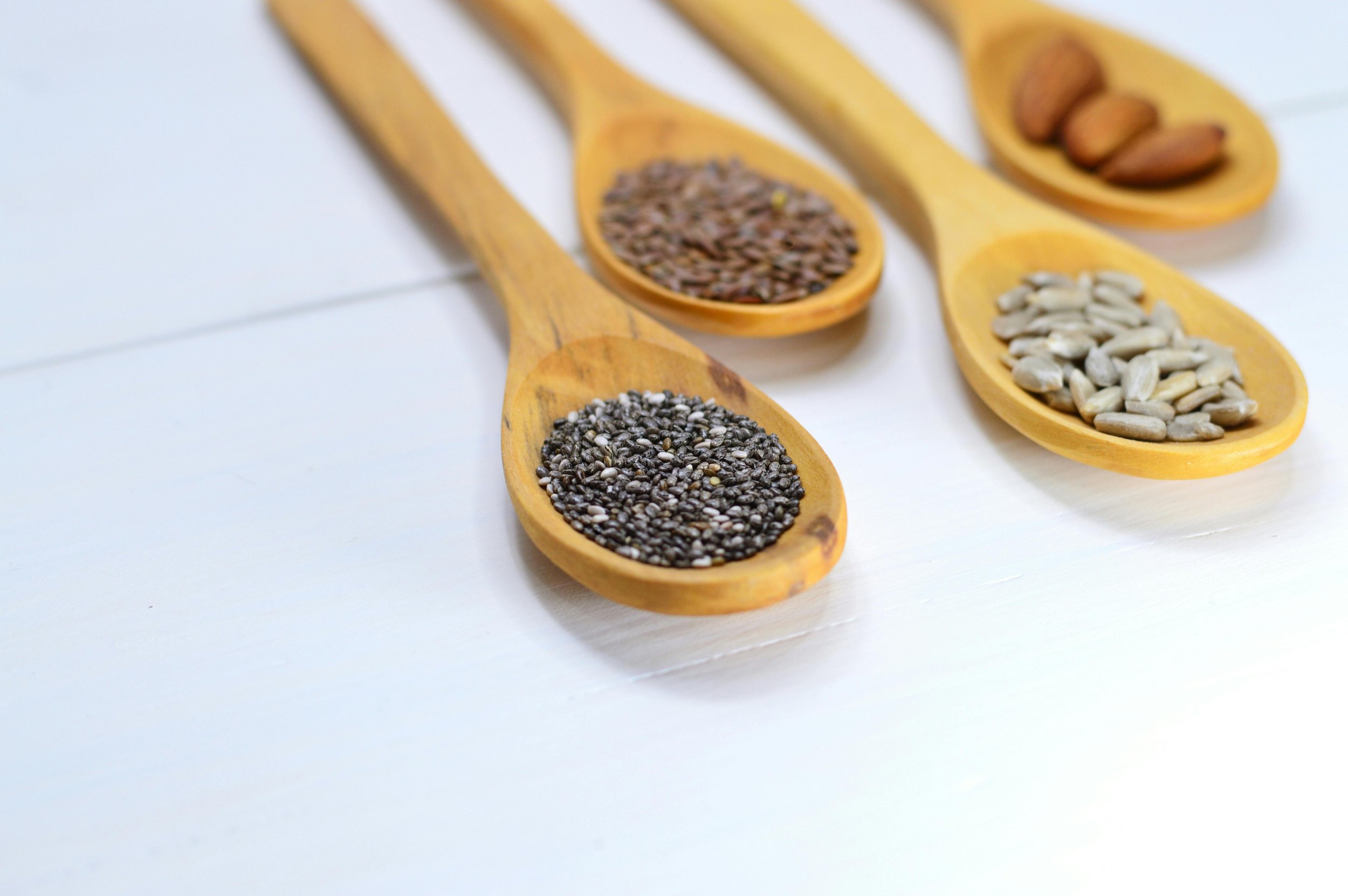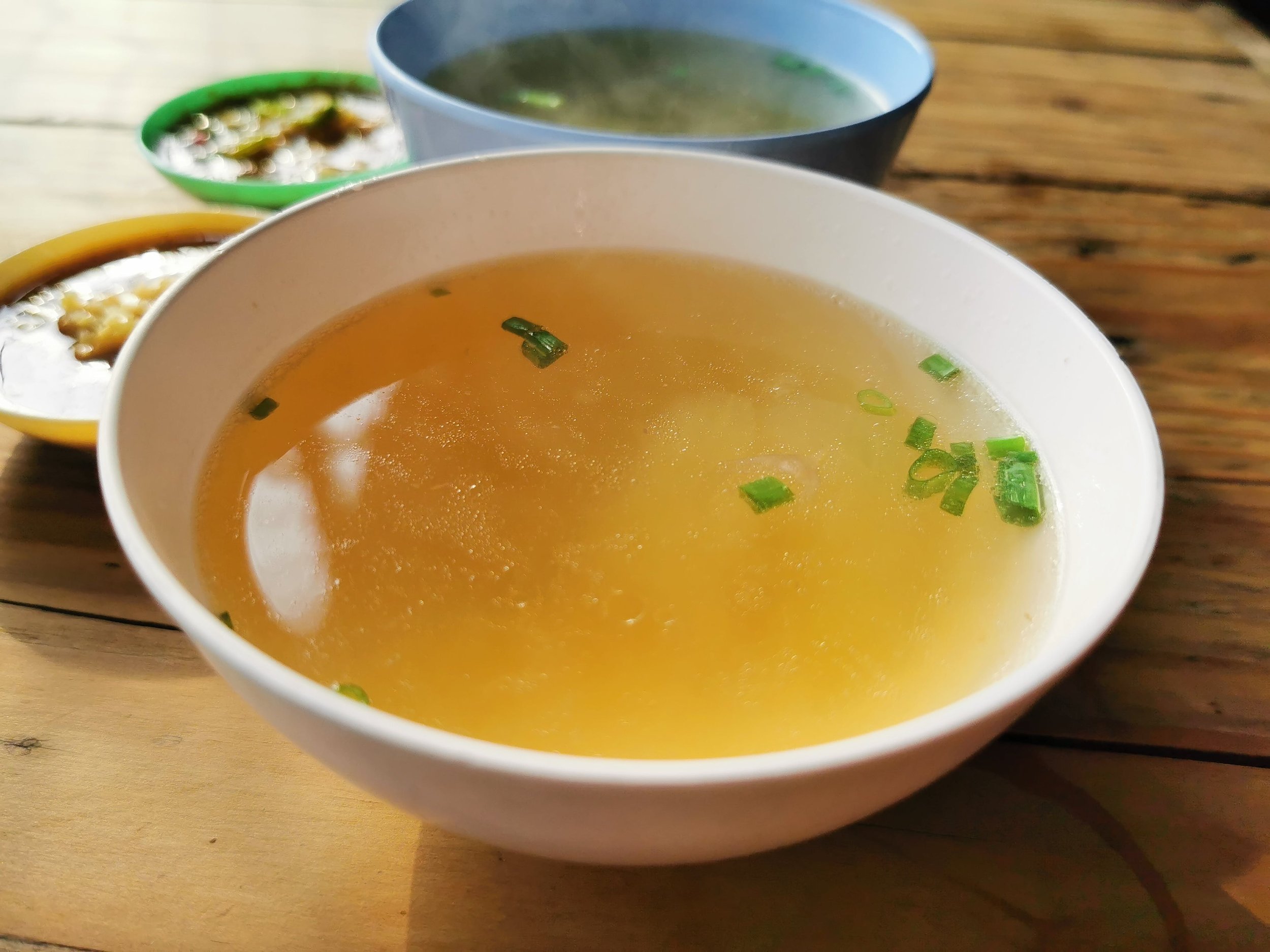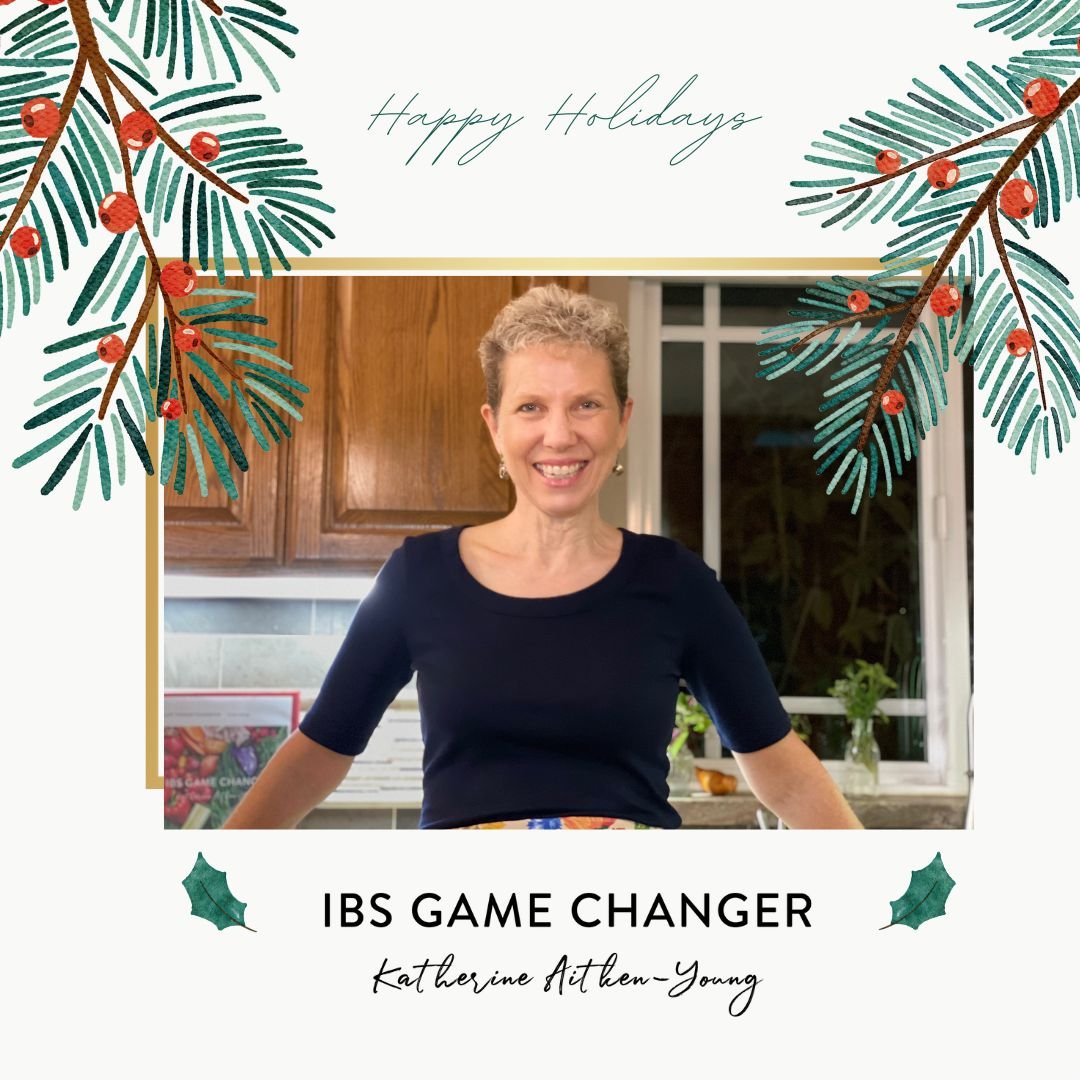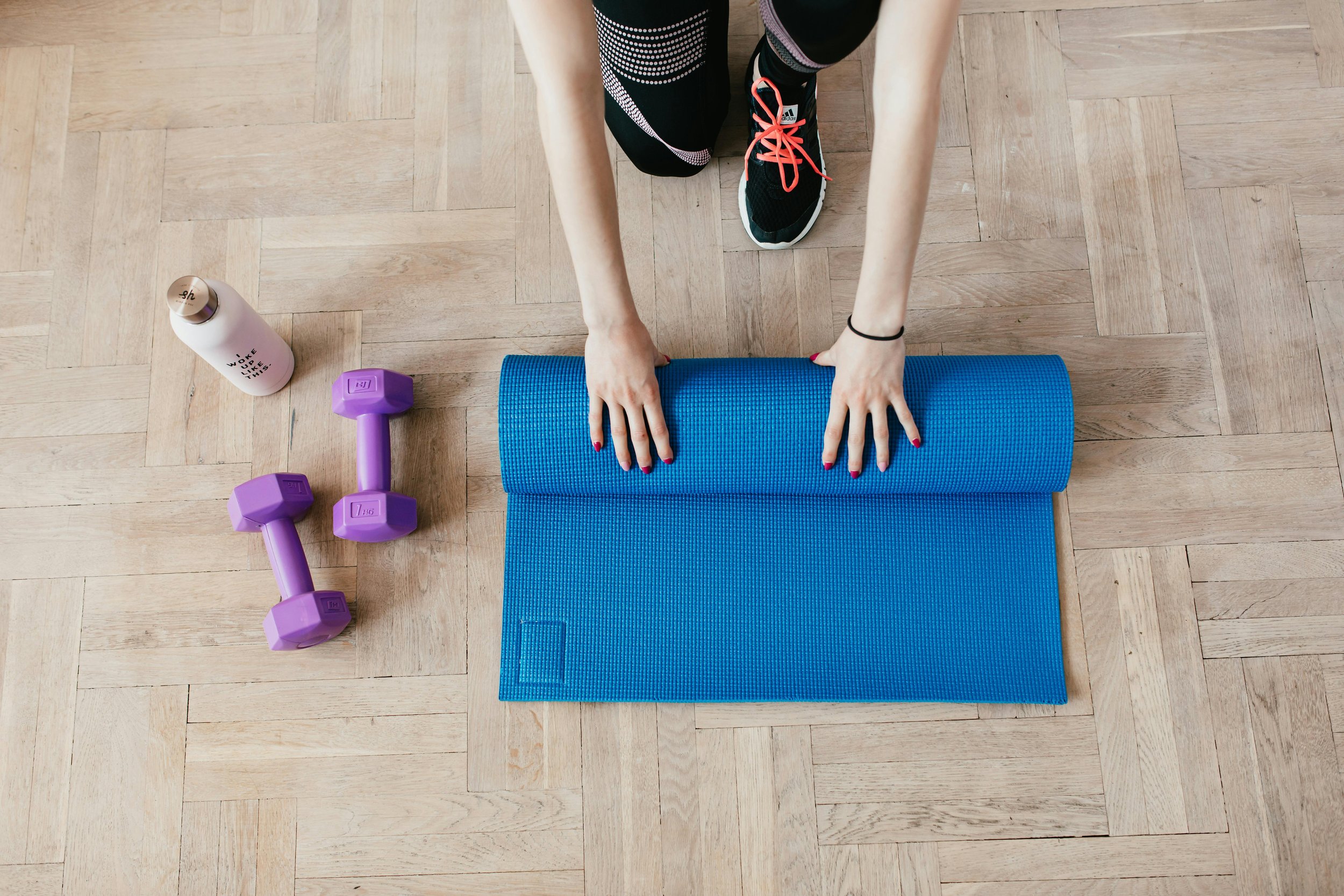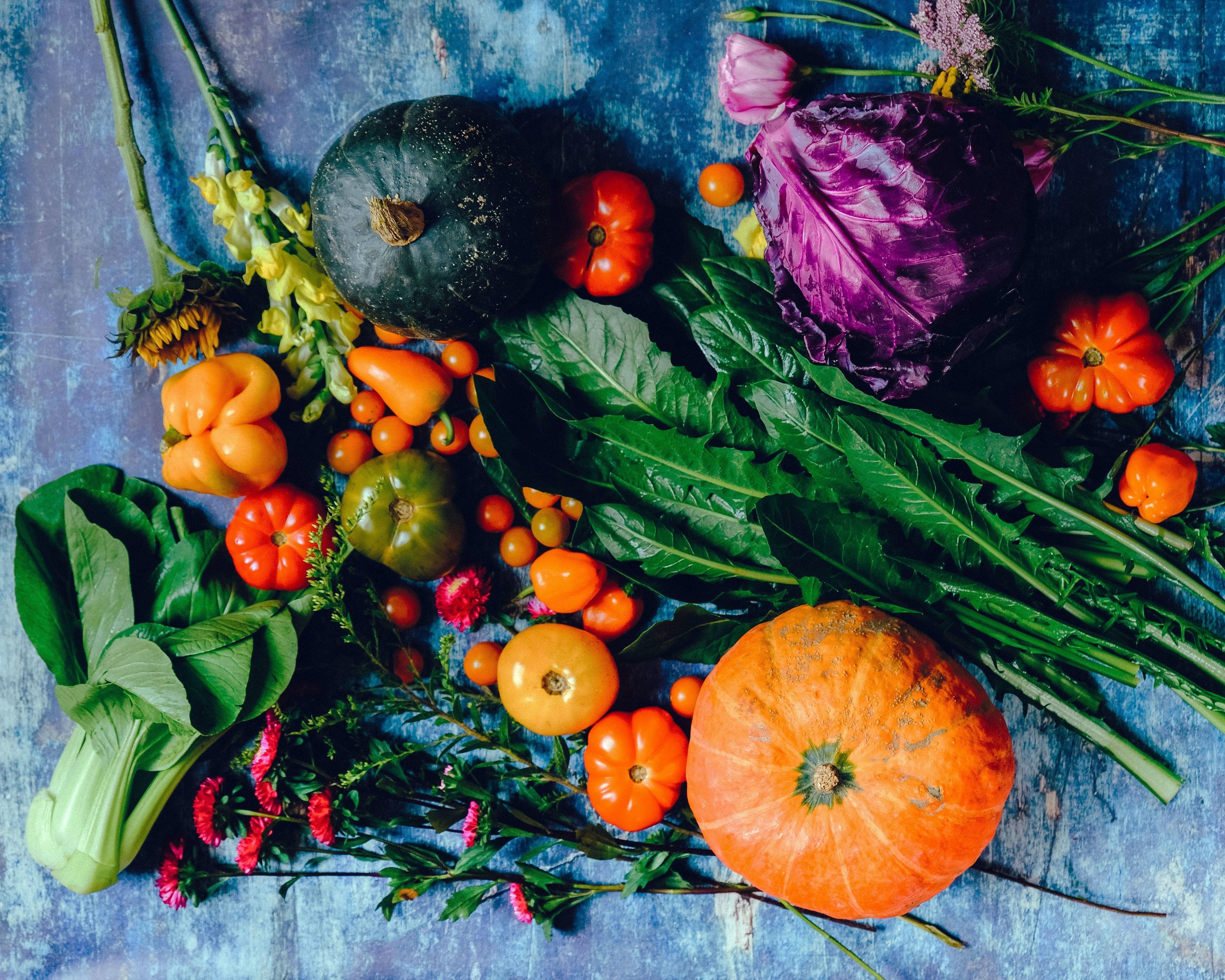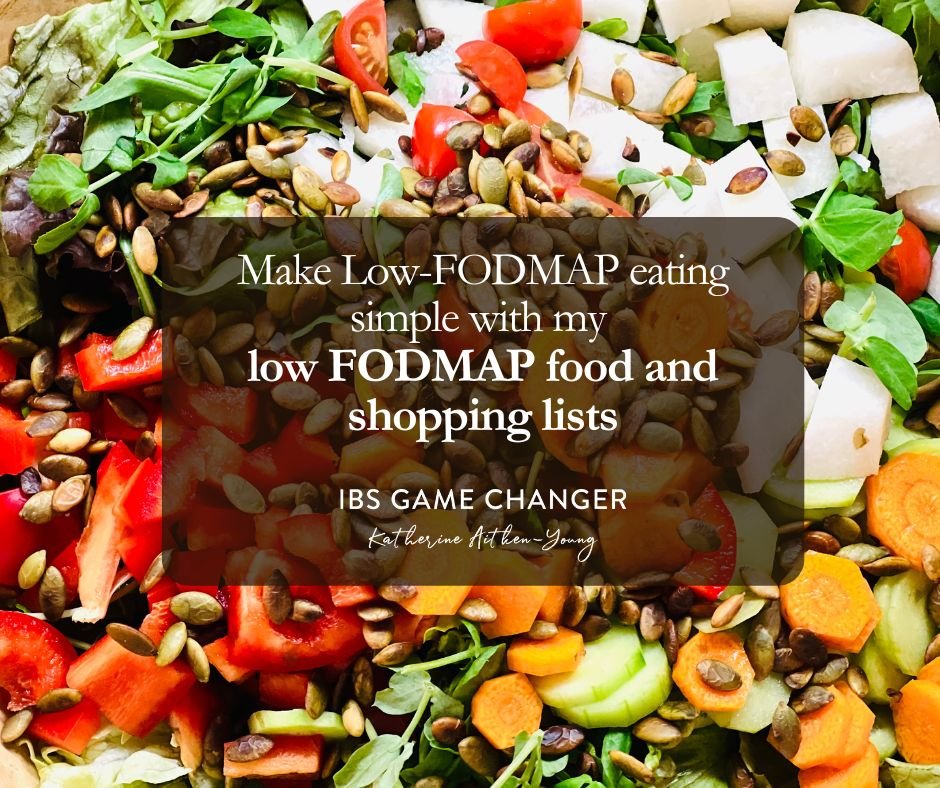Anxiety and IBS: 8 Things You Can Do to Get Them Both Under Control
Anxiety, the pervasive feeling of worry and unease, is a common human experience. When it becomes chronic, however, it can manifest as a mental condition with far-reaching effects. In this blog post, I’m addressing the intricate relationship between anxiety and Irritable Bowel Syndrome, exploring how they impact each other, and giving you some specific things you can do to get them both under control.
Understanding Anxiety
At its core, anxiety is the response to a perceived threat, often related to an uncertain future event. Chronic anxiety, a mental condition characterized by excessive apprehension, is marked by real or perceived threats, leading to avoidance behaviors and physical symptoms such as increased heart rate and muscle tension. Anxiety disorders, including generalized anxiety disorder, panic disorder, PTSD, and social anxiety disorder, affect a significant portion of the adult population in the United States and around the world.
The Link Between IBS and Anxiety
Research indicates a clear link between IBS and anxiety. Approximately 44% of individuals with IBS also experience an anxiety disorder, compared to only 8% of those without IBS. Recent studies suggest shared genetic pathways between IBS and certain mental health conditions, emphasizing the close connection between the gut and the brain.
The Gut-Brain Connection
The gut-brain connection, a bidirectional communication system between the gut and the brain, plays a crucial role in regulating digestive functions, mood, and stress responses. Altered communication in people with IBS may lead to abnormal sensory processing, unpredictable gut functions, and visceral (organ) hypersensitivity, causing you to feel pain and other symptoms.
Breaking the Anxiety-IBS Cycle
The anxiety-IBS connection often creates a challenging cycle that people find difficult to break, leading to feelings of frustration and hopelessness. Treatment for IBS should include dietary and lifestyle changes, in addition to psychological interventions to address both physical and psychological aspects, and only in a few cases, medication.
Targeting the Gut-Brain Connection
Addressing both anxiety and IBS involves a holistic approach. Mindfulness, mind-body exercises, meditation, gut-directed hypnotherapy, and gut-directed Cognitive Behavioral Therapy (CBT) can target the gut-brain connection. On the mental health side, working with specialized professionals like therapists or psychologists helps address anxiety, while collaborating with a nutritional health coach can help you develop strategies for a healthier gut.
8 Things You Can Do Right Away to Help
Tackling the overlap between anxiety and IBS requires effort and multiple different strategies. While the journey may take time, gaining control over both aspects is possible, allowing you to live more fully. If you're navigating IBS and anxiety together, know that support and effective interventions are available, giving you a path toward a more balanced and fulfilling life.
Here are some things you can do right away that may help both anxiety and IBS:
Meditation/guided visualization for relaxation and stress/anxiety reduction, consider using the Nerva App from Mindset Health which is gut-directed hypnotherapy that has been studied and shown to be extremely effective.
If you drink caffeinated beverages, ween yourself off ASAP. Caffeine is a stimulant that in and of itself can cause anxiety. It’s also a gut-specific stimulant and those of us with IBS don’t need gut stimulation for the most part. I suggest switching to pure ginger tea which has excellent anti-inflammatory and antioxidant properties.
If you drink any sort of carbonated beverage (especially sugary or caffeinated sodas), ween yourself off ASAP. Carbonated beverages can cause GI irritation, gas, and bloating, and potentially exacerbate IBS symptoms. Switch to plain water (hot or cold).
If you drink alcohol, ween yourself off ASAP. Alcohol itself can cause anxiety (especially as a rebound after over-drinking) and it can irritate the GI tract, and change your gut motility (leading to diarrhea or constipation), it’s a diuretic that leads to dehydration (particularly bad if you suffer from constipation), it’s actually poison and your digestive system doesn’t need anything getting in the way of doing its good work.
Get some exercise even if it’s just around the house! If at all possible get outside in some sort of nature (even seeing just one tree!). If you can’t get out, then put some plants in your house so you can look at them while you walk around the house. This has been shown to reduce stress and anxiety almost as well as a walk in nature. If that’s impossible, even pictures of nature can be helpful! Just put them where you can look at them and do some visualization of being there in nature.
Journal – keep track of everything that goes into your body (food, drink, supplements, pills, all of it.). And document your symptoms every day too. This will help you start to see patterns that trigger flare-ups which in turn may trigger anxiety. You can use a blank journal or something like this Gut Health Journal. (If you sign up for coaching with me, I will send you my own journal—but really anything will work!)
A Low FODMAP diet can be key to reducing flare-ups and the associated anxiety that comes with those flare-ups. The diet is used to calm your system down and then, through a series of tests you conduct yourself, to determine your personal FODMAP sensitivity profile so you can reintroduce as many of the foods that once triggered you as possible. Want more information about the Low FODMAP diet? Check out my Low FODMAP FAQ.
Get connected with a health coach for guidance and support. This can help you get to resolution much faster than trying to do it all alone. If you’d like to have coaching time with me, feel free to schedule an appointment right here. We can do a 15-minute free intro and/or the full 8-week program so you can really make progress in getting your gut, your mind, and your life back on track.
Have a question you’d like to have answered? Email me at hello@ibsgamechanger.com
Selected sources:
Link note: This post may contain affiliate links for you to easily purchase items that are linked. I may earn a small commission from qualifying purchases but none of this costs you a thing so feel free to use the links! In addition, for some items, I have provided a special discount code for IBS Game Changers so be sure to use the code when you purchase an item to get the discount that has been arranged just for you.
